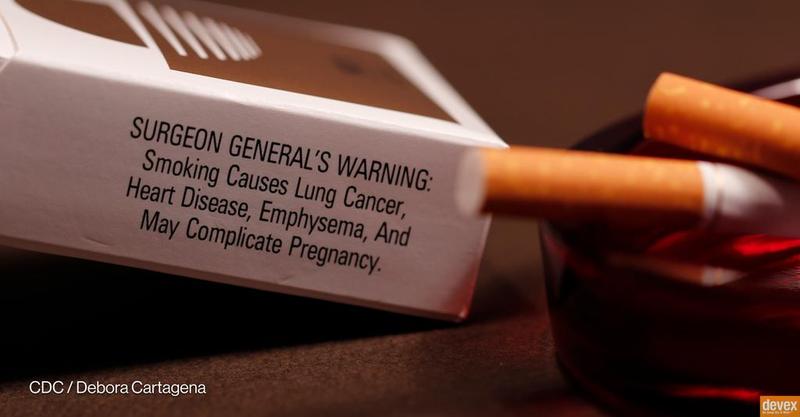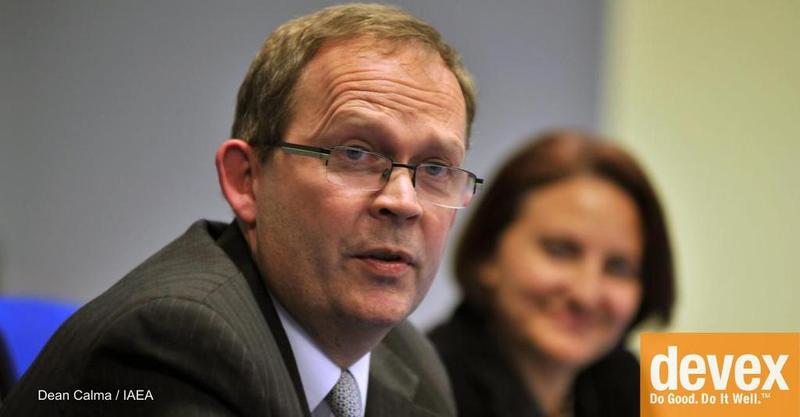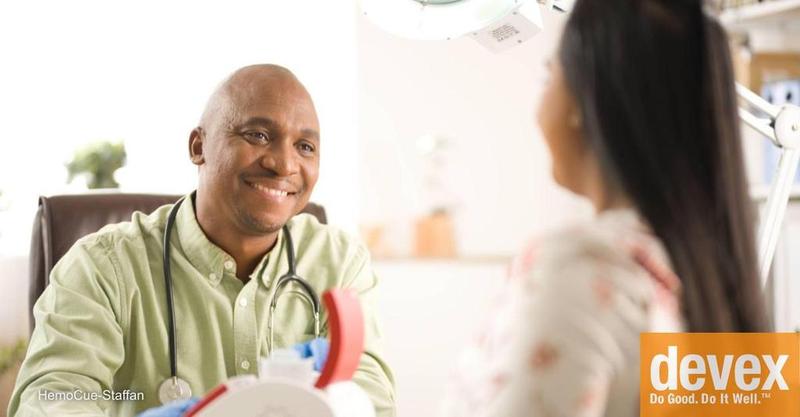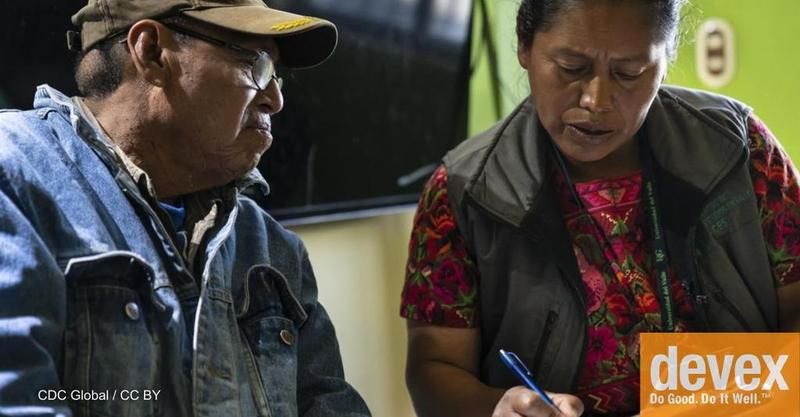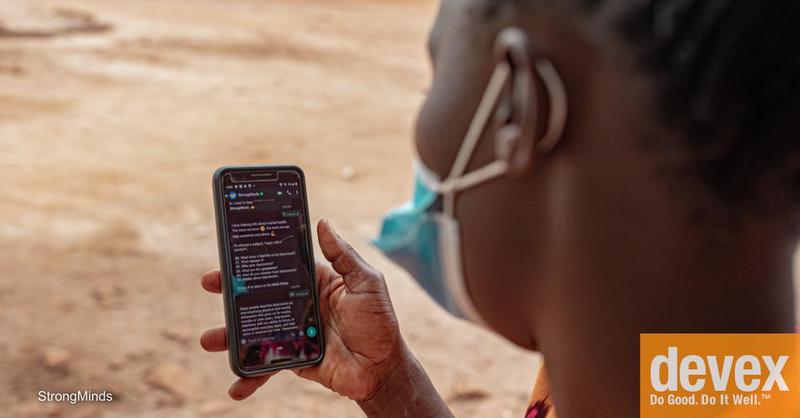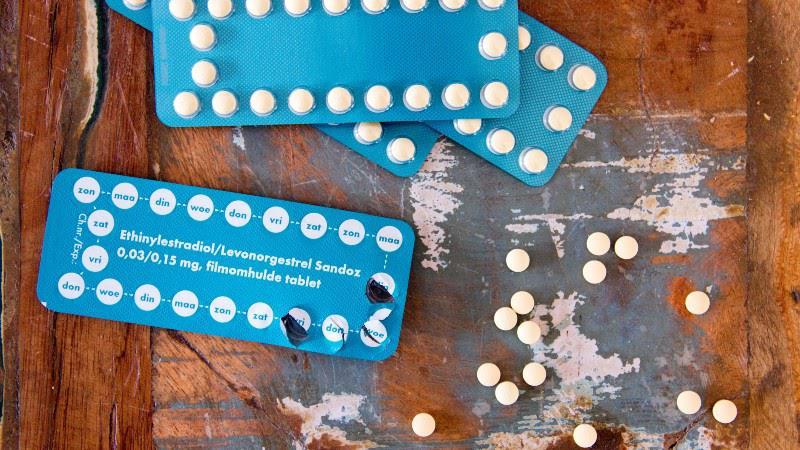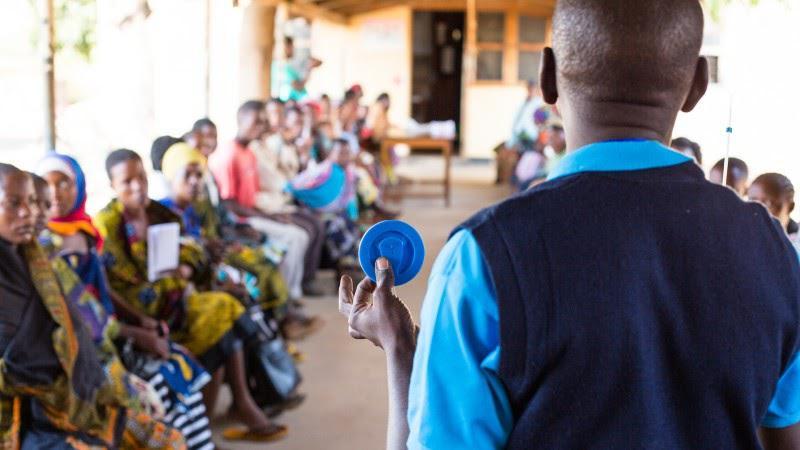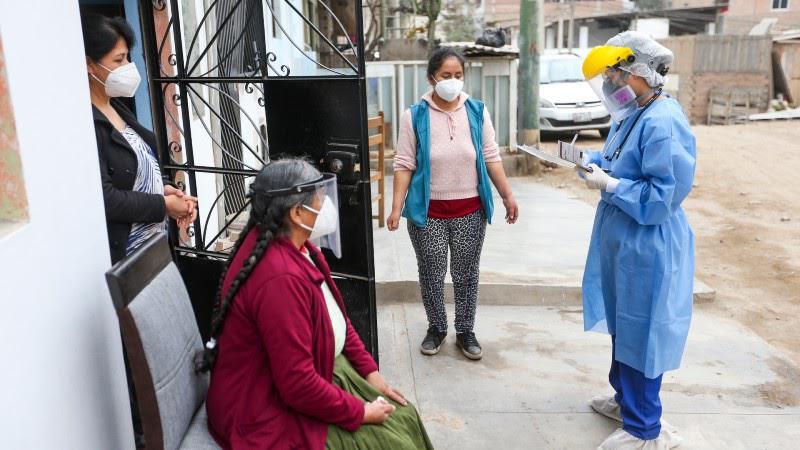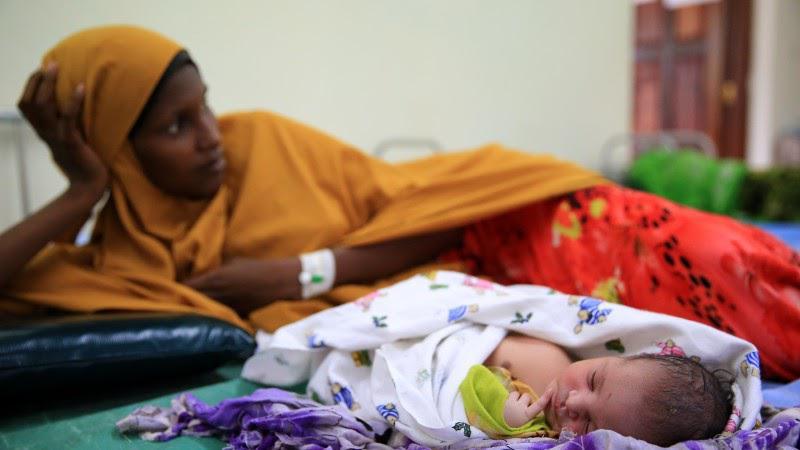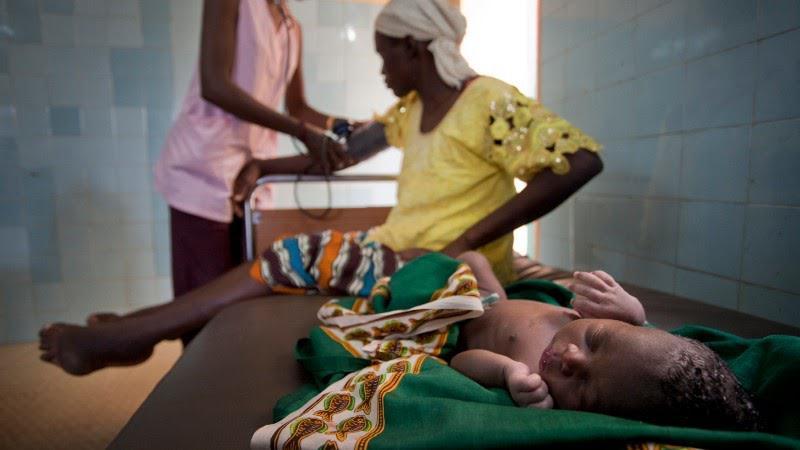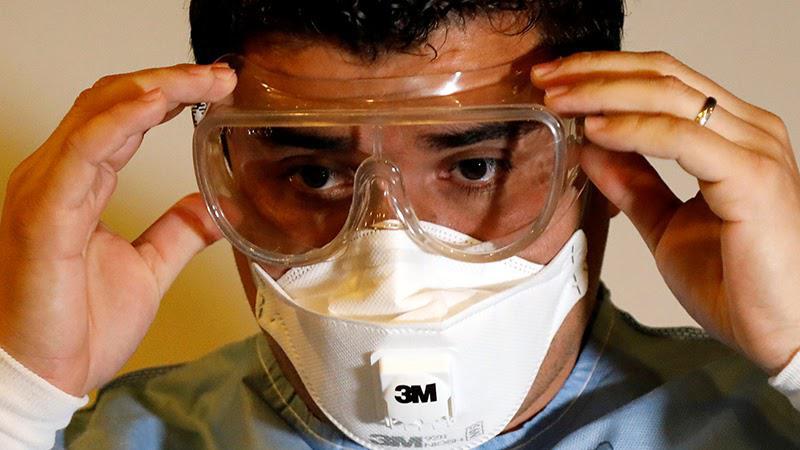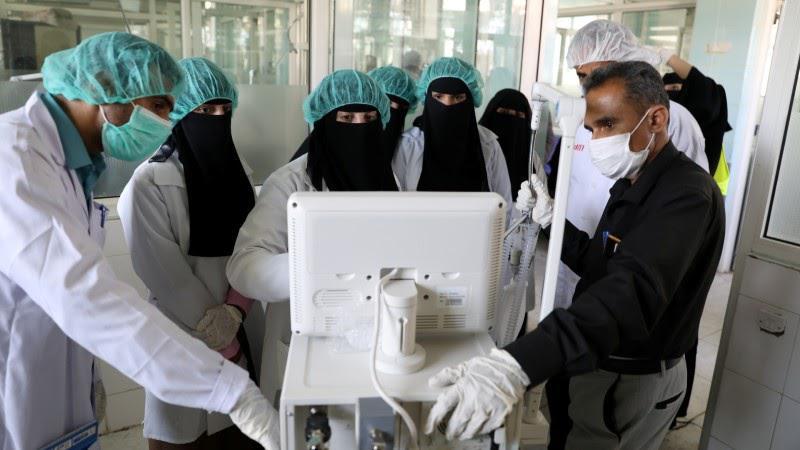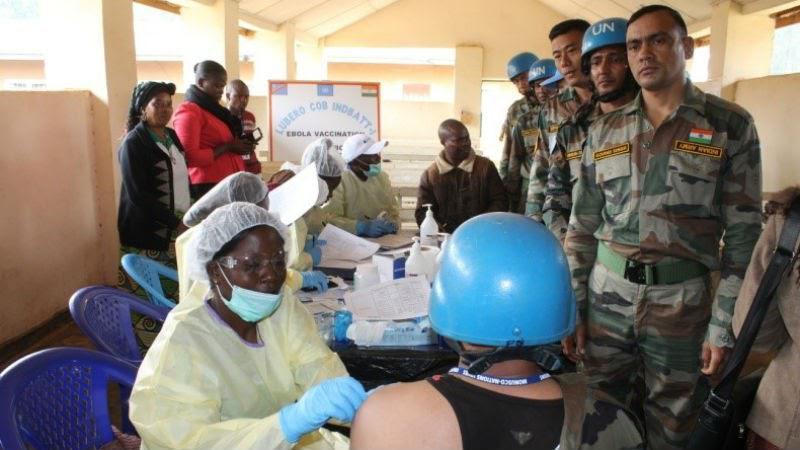
Revolutionizing lung cancer care and early screening in LMICs
Globally, lung cancer is the leading cause of cancer death, responsible for killing an estimated 1.8 million people in 2022 alone.While smoking remains the main cause of lung cancer, some reports indicate that the proportion of lung cancers occurring in individuals who have never smoked has increased.Yet the disease has been largely overlooked on the global health agenda. Despite lung cancer being “responsible for more deaths than breast, prostate, and colorectal [cancer] combined, it receives d...
